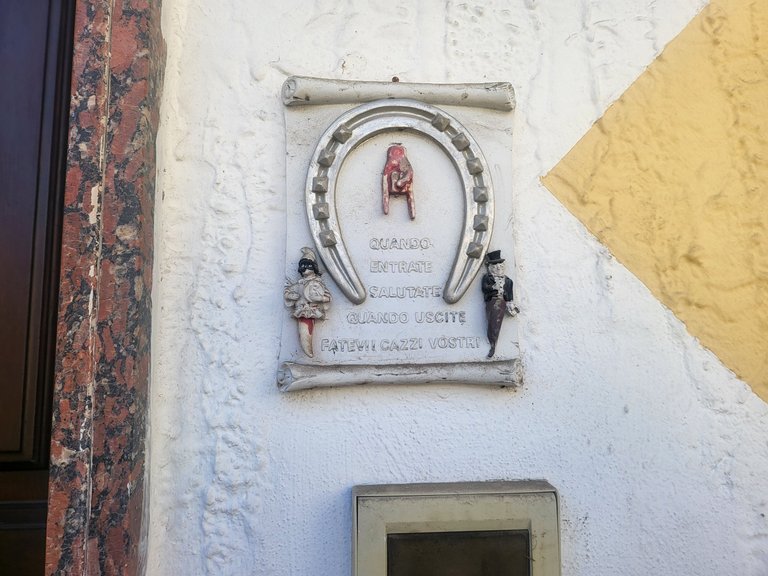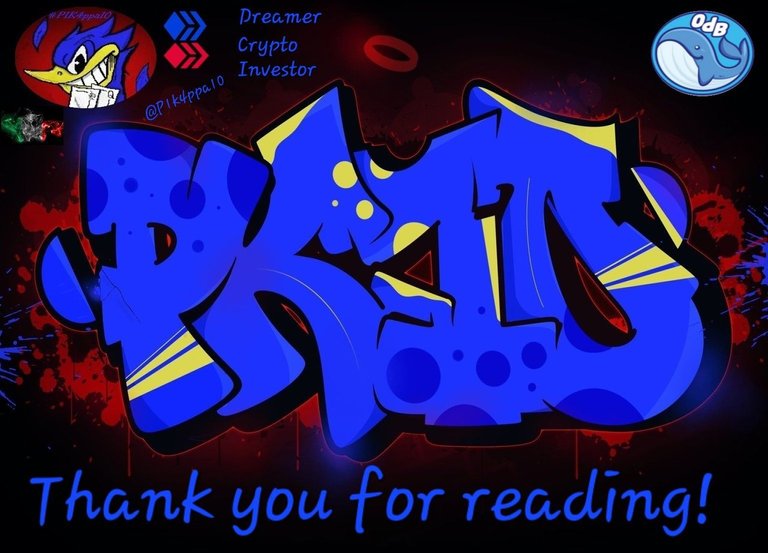Hope or optimism?

HI!
Have you ever noticed that being optimistic and having hope are often considered almost synonymous?
I was thinking about it last night and I came to the point, also by reading a few things, that a distinction actually needs to be made; hope and optimism are not two sides of the same coin but they are two different medals!
We start from the assumption that the two concepts are fundamentally partly overlapping even if there are some differences:
Optimism is a predisposition, more or less stable, that leads us to believe that good things will happen rather than bad things.
Hope, on the other hand, is based on a sense of success in determining goals and ways to achieve them.
Therefore, hope focuses directly on the achievement of specific objectives that depend on our responsibility, while optimism focuses on the expected quality of future results and also concerns factors in which our responsibility is not involved.
At the end of these evaluations and also after a bit of research, an important result that emerges is that hope has more to do with self-efficacy than with optimism, while the latter has more to do with a generic evaluation positive than with hope.
I now want to quickly talk to you about the "Stockdale Paradox" which could shed even more light on the concepts we are touching on.
James Stokdale was a US admiral awarded the Medal of Honor for his service as an aviator in the Vietnam War.
His story goes that, after being hit by enemy fire, he jumped with a parachute and, as soon as he hit the ground, he was taken prisoner and remained in detention for seven years.
He was subjected to countless tortures and degrading treatments by his captors but, despite everything, he led the American prisoners held in Hoa Lo (the place where they were imprisoned) and coordinated their resistance.
We find in a book some of his statements regarding the period I spent in Vietnam, especially regarding the strategy I adopted during prison, I faithfully report them:
<<I never lost faith and never doubted, not only that I would get out, but also that I would ultimately prevail and transform the experience into the defining event of my life that, in retrospect, I wish it had not been otherwise.>>
Among the various questions he was also asked who didn't make it to survive and his answer was, I quote:
<<Oh, that's easy, the optimists. Oh, they were the ones who said, "we're going out for Christmas." And Christmas came and went. Then they said, “we will go out for Easter.” And Easter came and passed too. And then Thanksgiving and then Christmas again and finally they died of a broken heart.>>
Finally Stockdale concluded his interview with these words:
<<This is a very important lesson. You must never confuse faith that you will succeed in the end - something you can never afford to lose - with the discipline to face the most brutal facts of your current reality, whatever they may be.>>
I found many of these sentences on Wikipedia but to be precise they are taken from a management book by James C. Collins in which the author reports a conversation with Stockdale.
If you think about it carefully, evaluating what I have just written, it emerges that, in certain cases, optimism turns out not to be a strength but a creator of harmful illusions and, therefore, a point of weakness.
If we think about hope, it is important to understand that the loss of hope in a future (preferably better, but in general any future) is accompanied by an immediate and sudden collapse: soon the one who no longer has hope no longer worries about nothing, he doesn't get out of bed, he isn't scared of violence or other brutal acts, he doesn't even worry about food and, if we wanted to summarize everything in one word, he gives up!
Hope should therefore be seen not as a generic optimism (here we see the difference between the two terms) and therefore with the idea that things will get better on their own; on the contrary, hope is an assumption of responsibility that allows you to maintain a positive attitude that leads you to be able to move forward without ever giving up in pursuing your goals.
This is certainly a topic that should be studied even more deeply because it leaves room for many nuances and can be approached from a thousand different angles, but I have written enough so I will leave room for your thoughts and ideas on the matter... In addition to making me a great Nice to meet you, I also think it's an excellent way to delve deeper into topics in posts, right?
I hug you!


Ciao!
Ci hai mai fatto caso che spesso l'essere ottimisti e l'avere speranza sono considerati quasi come sinonimi?
Ci riflettevo ieri sera e sono arrivato al punto, anche leggendo un po' di cose, che una distinzione vada in realtà fatta; speranza e ottimismo non sono due facce della stessa medaglia ma sono due medaglie diverse!
Partiamo dal presupposto che i due concetti, fondamentalmente, sono in parte sovrapponibili anche se, alcune differenze ci sono:
L'ottimismo è una predisposizione, più o meno stabile, che ci porta a credere che accadranno cose buone piuttosto che cose cattive.
La speranza invece si basa su un senso di successo della determinazione degli obiettivi s dei modi per raggiungerli.
Pertanto, la speranza si concentra direttamente sul raggiungimento di obiettivi specifici che dipendono dalla nostra responsabilità, l'ottimismo invece si concentra sulla qualità attesa dei risultati futuri e riguarda anche fattori in cui la nostra responsabilità non è coinvolta.
Alla fine di queste valutazioni e anche dopo un po' di ricerche un risultato importante che emerge è che la speranza ha più a che fare con l'autoefficacia che con l'ottimismo, mentre quest'ultimo ha a che fare più con una generica valutazione positiva che con la speranza.
Voglio ora parlarti velocemente del "Paradosso di Stockdale" che potrebbe fare ancora più chiarezza rispetto ai concetti che stiamo toccando.
James Stokdale è stato un ammiraglio statunitense insignito con la medaglia d'onore per il suo servizio come aviatore nella guerra del Vietnam.
La sua storia racconta che, dopo essere stato colpito dal fuoco nemico, si lanciò col paracadute e, non appena toccata terra, venne fatto prigioniero e resto in detenzione per sette anni.
Fu sottoposto a innumerevoli torture e a trattamenti degradanti da parte dei suoi carcerieri ma, nonostante tutto, si pose alla guida dei prigionieri statunitensi detenuti a Hoa Lo (il luogo in cui erano imprigionati) e coordinò la loro resistenza.
Troviamo in un libro alcune sue dichiarazioni rispetto al periodo che passo in Vietnam soprattutto in merito alla strategia che adotto durante la prigionia, le riporto fedelmente:
<<Non ho mai perso la fede e non ho mai dubitato, non solo che sarei uscito, ma anche che alla fine avrei prevalso e trasformato l'esperienza nell'evento definitivo della mia vita che, in retrospettiva, non avrei voluto fosse stato diversamente.>>
Tra le varie domande gli venne anche chiesto chi non ce la fece a sopravvivere e la sua risposta fu, cito testuali parole:
<<Oh, è facile, gli ottimisti. Oh, loro erano quelli che dicevano: "usciremo per Natale". E il Natale arrivò e passo. Poi dissero: "usciremo per Pasqua". E la Pasqua venne e passò anche quella. E poi per il giorno del ringraziamento e poi di nuovo Natale e alla fine morirono di crepacuore.>>
Infine Stockdale concluse la sua intervista con queste parole:
<<Questa è una lezione molto importante. Non devi mai confondere la fede nel fatto che alla fine ce la farai - cosa che non ti puoi mai permettere di perdere - con la disciplina per affrontare i fatti più brutali della tua realtà attuale, qualunque essi possano essere.>>
Ho trovato tante di queste frasi su Wikipedia ma per essere precisi sono tratte da un libro di management di James C. Collins in cui l'autore riporta una conversazione con Stockdale.
Se ci pensi bene, valutando quello che ho appena scritto si evince che, in determinati casi, l'ottimismo si rivela non un punto di forza ma un creatore di nefaste illusioni e, pertanto, un punto di debolezza.
Se pensiamo alla speranza è importante capire che, la perdita della speranza in un futuro (preferibilmente migliore, ma comunque in generale un qualsiasi futuro) si accompagna a un crollo immediato e improvviso: ben presto colui che non nutre più speranza non si preoccupa più di nulla, non si alza dal letto, non si spaventa di violenze o di altri atti bruti, addirittura non si preoccupa del cibo e, se volessimo riassumere il tutto in un parola sola, si arrende!
La speranza va vista pertanto non come un generico ottimismo (qui si vede la differenza tra i due termini) e quindi con l'idea che le cose andranno meglio per loro conto; al contrario la speranza è un'assunzione di responsabilità che permette di mantenere un atteggiamento positivo che porta a poter andare avanti senza mollare mai nel perseguire i propri obiettivi.
Sicuramente questo è un argomento che andrebbe approfondito ancor di più perché lascia spazio a tantissime sfumature e può essere affrontato da mille angolazioni diverse, ho però scritto abbastanza quindi lascio spazio ai tuoi pensieri e alle tue idee in merito... Oltre a farmi un gran piacere credo anche che sia un ottimo metodo per approfondire gli argomenti nei post, no?
Ti Abbraccio!

The texts are translated with simultaneous translators; for the avoidance of doubt I have decided that they will all be translated exclusively with Google Translate.
Of course, English is not my first language but I try, forgive any mistakes and imperfections of Translate.
Congratulations @p1k4ppa10! You have completed the following achievement on the Hive blockchain And have been rewarded with New badge(s)
Your next target is to reach 22000 upvotes.
You can view your badges on your board and compare yourself to others in the Ranking
If you no longer want to receive notifications, reply to this comment with the word
STOPBellooooo, lo voglio questo 😃
Eh eh si lo ammetto è davvero una figata 😉
!PGM
☕️ Hello @! Your post has been recognized by the cXc Music team!
Experience our music map at cXc.world 🔗🌳. Peep plans 👀 in our DHF proposal 👉